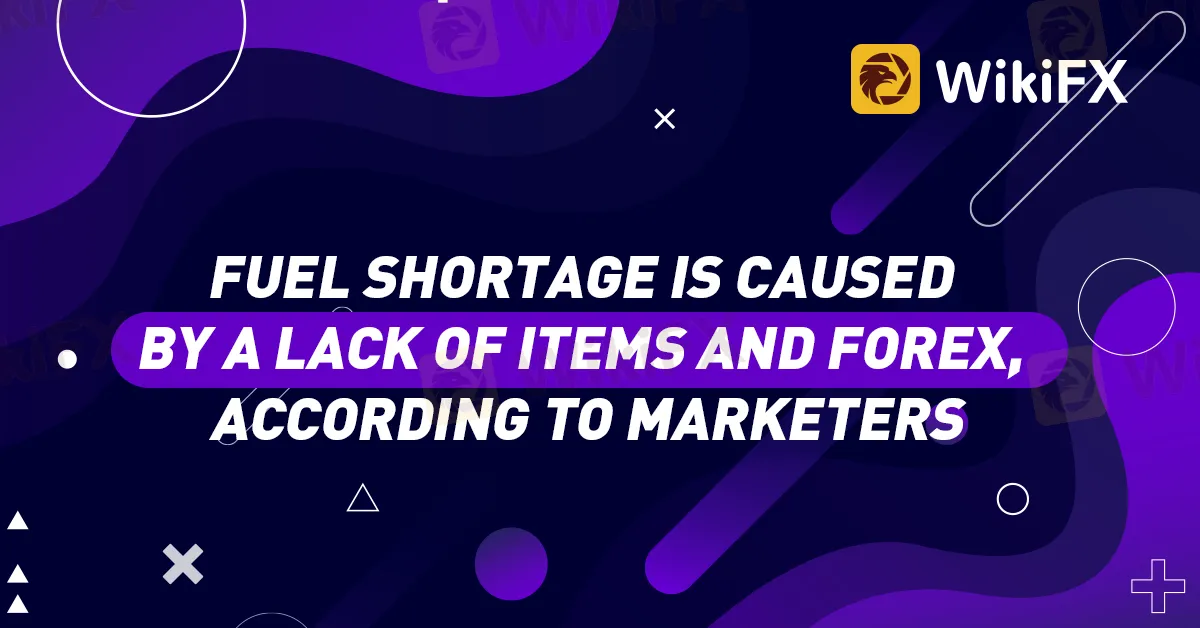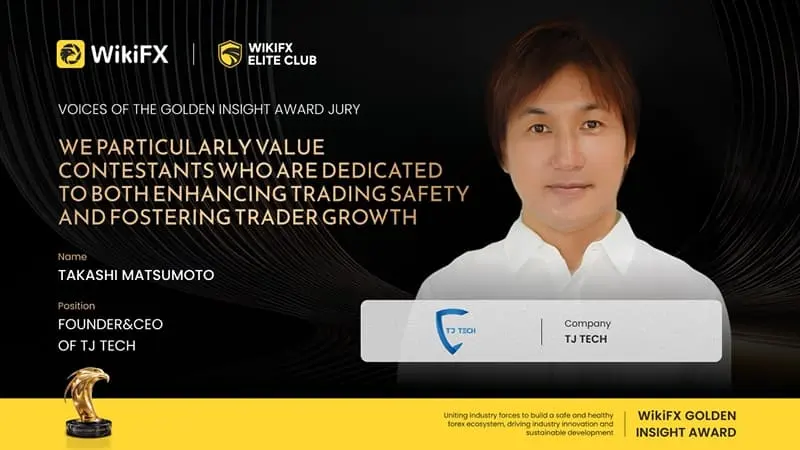Abstract:The current fuel shortage has been blamed by the Independent Petroleum Association of Nigeria (lPMAN) to the lack of petroleum products and the difficulty that marketers have in obtaining foreign currency.

The current fuel shortage has been blamed by the Independent Petroleum Association of Nigeria (lPMAN) to the lack of petroleum products and the difficulty that marketers have in obtaining foreign currency.
The comments were given by Mr. Mike Osatuyi, the Operations Controller of lPMAN, in an interview with the News Agency of Nigeria (NAN) on Sunday in Lagos.
Osatuyi claimed that it had become imperative to warn the public that the ongoing petrol shortage was caused by the product's unavailability.
He said that the Nigerian National Petroleum Corporation (NNPC) Ltd. had ceased importing sufficient gasoline to meet domestic demand.
Osatuyi was adamant that due of the fluctuating price of gasoline at the depots, marketers could no longer sell at the set price.
Because the goods isn't readily available, we are experiencing scarcity.
A litre of gasoline costs between N205 and N210 at private depots right now, compared to N162.50.
He said that the sole importer of refined petroleum products, which are not easily accessible to marketers, is the Nigeria National Petroleum Corporation (NNPC) Ltd.
Osatuyi claimed that his members were unable to sell gasoline at a set pump price because they purchased it from private depots for more than N200 per litre.
Furthermore, considering that private depots also sell the product at an unofficial pricing different from that of NNPCL, such a tendency is unsustainable.
It will cost N217 per litre once transportation and fees are added in. Given that we are in business to make a profit, at what pricing do you want marketers to sell?
My members complain bitterly about the rise in the price of gasoline at the depot and the hardships they must endure to obtain it.
If fuel were available, why wouldn't we sell, but there is none? At filling stations, our members are selling gasoline for between N230 and N240 per litre, he continued.
Osatuyi claimed that the government was having trouble keeping the price of gasoline subsidized and suggested that the downstream petroleum sector be completely deregulated as a long-term fix to the issue.
He asked the government to permit the private sector to import gasoline, just as it does with diesel, kerosene, and aviation fuel.
He encouraged the government to abolish the imports monopoly and declare a complete deregulation of the downstream industry.

An unnamed marketer who agreed with Osatuyi's assertions informed NAN that NNPCL was having difficulties importing refined goods because to liquidity restrictions.
The marketer claims that the only supplier, NNPCL, is having difficulty supplying products to all marketers, including IPMAN, Major Oil Marketers Association of Nigeria (MOMAN), and Depot and Petroleum Products Marketers Association of Nigeria (DAPPMAN).
The marketers said that the Direct Purchase and Direct Supply (DPDS) option had failed and that the lack of foreign currency also created a significant problem.
Nigeria has reached a point where the government has asked DSDP for a credit facility for product supply, but this request has been rebuffed due to a significant backlog of arrears.
The marketer claimed that due to their substantial debt loads, the NNPCL partners that received crude oil in exchange for supplying refined goods were unable to obtain bank credit.
He claimed that the high exchange rate—which is currently N800 to the dollar—posed a significant obstacle to importing.
Speaking about Lagos, it is where the majority of the (PMS) vessels arrive, he said. When the mother vessel enters the state, the daughter's vessels will disperse its products to ports in Lagos, Warri, Port Harcourt, etc.
Independent private tank farm owners or private depot owners employ these daughter's boats and pay vessel fees in dollars.
Some of them obtain cash from the open market. Therefore, the price of goods is also influenced by the dollar.
Now that the cost of hiring a vessel has increased from 38,000 dollars to roughly 108,000 dollars to 111,000 dollars, depending on the type of vessel, you cannot expect them to supply PMS at N184 per litre. These fees are settled in US dollars.
He continued by saying that due to problems with the rise in diesel prices, worries about foreign exchange, and other issues facing the sector, the cost of chartering daughter vessels to transport goods from the mother vessel to the Private Depot Owners (PDOs) had increased within months.
The products are transported to PDOs in Port Harcourt, Warri, Calabar, Lagos, etc. By the time NNPC allocates depots, it is their duty to charter vessels that would transport the goods from the mother vessel to the depots.
As a result, there is a ghost shortage of PMS across states due to a lack of purchasing power in terms of sourcing money to remove items from the mother vessel and a lack of vessels to move products due to an increase in hiring costs.
“Ghost scarcity is defined as scarcity that comes and goes. The marketer said, ”You might be leaving for work in the morning and everything will be fine, but in the evening, you will see lines.
He claimed that because NNPCL did not produce enough gasoline to satisfy the entire market, the ex-depot price had increased to almost N205 per litre.
The marketer claims that many DAPPMAN members have shut down because NNPCL cannot keep up with the demand for gasoline and the majority of the product is exported to neighboring nations.
About 50% of the commodity is exported, and the NNPC lacks the resources to subsidize all of West Africa, which is unfeasible given their financial situation.
Deregulating the downstream industry is the greatest choice and the solution, but at the moment the government is unable to do so because it is election season.











